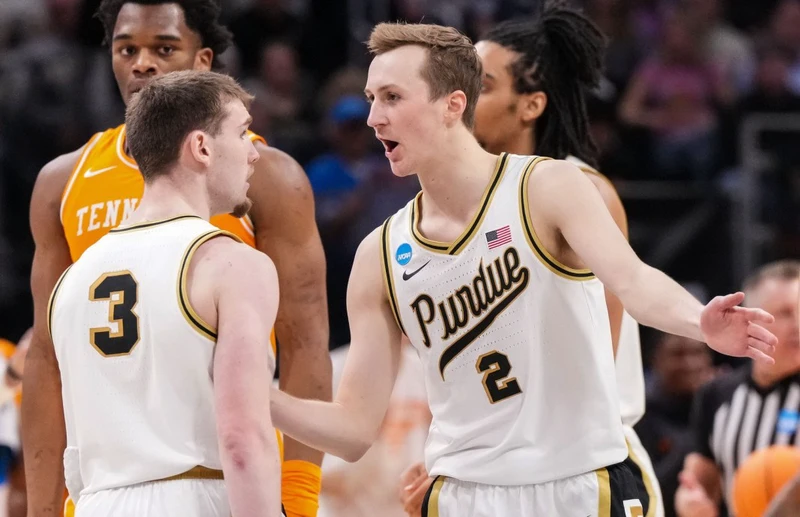Digging into the Teams
First, .gnioI started by, well, looking at the teams. I mean, that's the obvious first step, right? I checked out their recent games, how they've been playing, who their key players are, and all that basic stuff. You gotta get a feel for how each team is doing.
- Purdue: I looked at their recent scores, saw if they were winning big or just squeaking by, and tried to get a sense of their overall vibe. Are they on a hot streak? Are they struggling?
- Virginia Tech: Same deal. I checked out their recent performance, looked for any patterns, and tried to figure out if they were generally strong, weak, or somewhere in between.
Then compare them

I started looking at things in a head to head to compare the two teams.
- Try to guess how this game between them will go.
- Find the weakness and advantage.
Trying to See the Bigger Picture
After that, I tried to zoom out a bit. I looked at things like where the game is being played (home-field advantage is a real thing!), what the weather is supposed to be like (could impact the game!), and if there are any major injuries on either team. All that stuff can play a role.
The "Gut Feeling" Part
Honestly, after all that, it still felt like a bit of a guessing game. So, I went with my gut a little. Based on everything I'd seen, I tried to imagine how the game would actually play out. Would it be high-scoring? Would it be a defensive battle? Would one team dominate? I just tried to picture it.
Making a (Very Unscientific) Prediction
And… that's pretty much it! Based on my super informal research and a bit of gut feeling, I leaned one way. But, I'm totally prepared to be wrong. It's all part of the fun, right? I just wanted to see if I could figure it out, and it was a good exercise, at least for me.
So yeah, that's how I tried to tackle this Purdue vs. Virginia Tech prediction thing. No fancy algorithms, no expert analysis, just a regular person trying to make sense of it all. Maybe this is helpful for someone else, maybe not. But hey, I gave it a shot!

